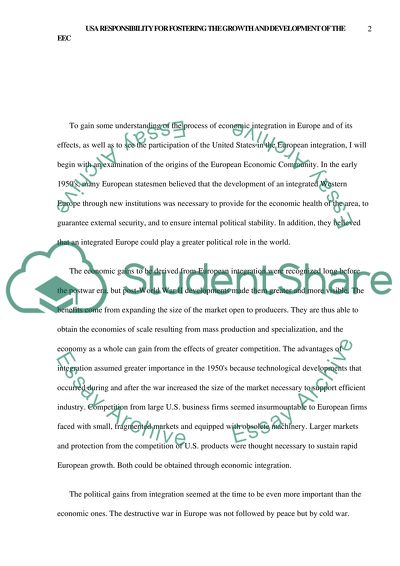Cite this document
(“USA responsibility for fostering the growth and development of the EEC Article”, n.d.)
USA responsibility for fostering the growth and development of the EEC Article. Retrieved from https://studentshare.org/history/1526760-usa-responsibility-for-fostering-the-growth-and-development-of-the-eec
USA responsibility for fostering the growth and development of the EEC Article. Retrieved from https://studentshare.org/history/1526760-usa-responsibility-for-fostering-the-growth-and-development-of-the-eec
(USA Responsibility for Fostering the Growth and Development of the EEC Article)
USA Responsibility for Fostering the Growth and Development of the EEC Article. https://studentshare.org/history/1526760-usa-responsibility-for-fostering-the-growth-and-development-of-the-eec.
USA Responsibility for Fostering the Growth and Development of the EEC Article. https://studentshare.org/history/1526760-usa-responsibility-for-fostering-the-growth-and-development-of-the-eec.
“USA Responsibility for Fostering the Growth and Development of the EEC Article”, n.d. https://studentshare.org/history/1526760-usa-responsibility-for-fostering-the-growth-and-development-of-the-eec.


